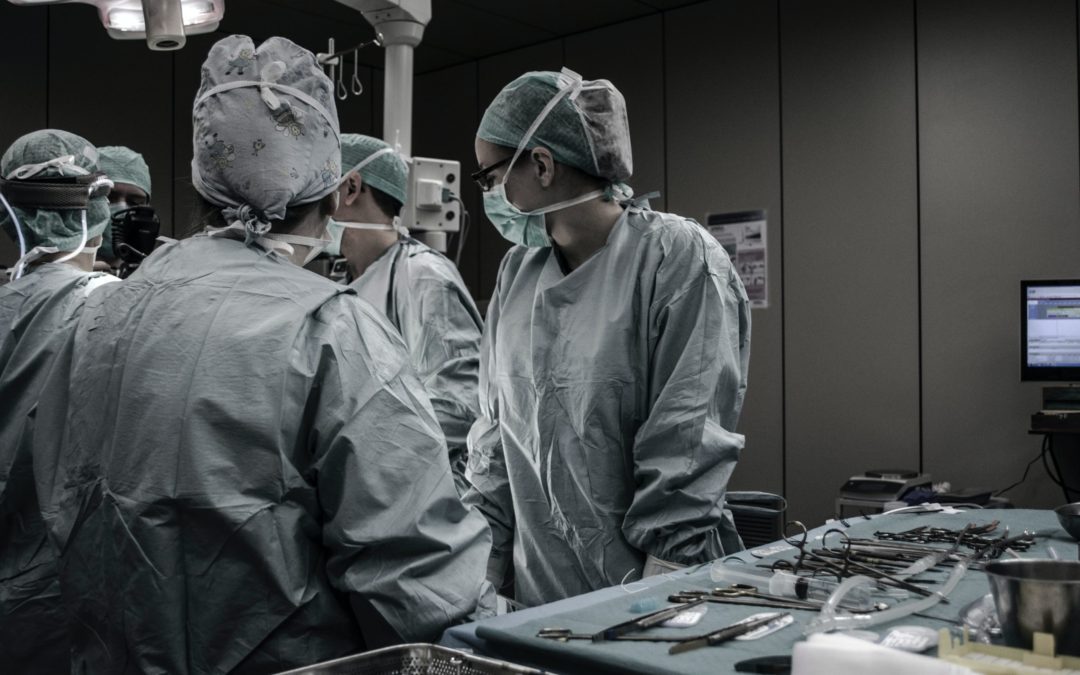Surgical and medical errors often occur despite existing protocols and preventive measures.
Personal injury lawyer, Meghan M. Hull Jacquin, discusses surgical and medical errors in an interesting blog post on the Howie, Sacks & Henry website.
We have every right to anticipate that healthcare professionals will act with extreme caution and uphold the principle of “first, do no harm” when we entrust them with our bodies and our health.
Sadly, surgical and medical mistakes can result in patient harm, incapacity, or even death. According to a recent study, 138,000 patients, or one in every 18 patients admitted to Canadian hospitals each year, had a detrimental occurrence that may have been avoidable. Of those patients, 30,000 experienced many avoidable negative outcomes.
Some studies demonstrate that hospital errors may rank as the third most common reason for preventable deaths. Patient advocates have a tendency to refer to these mistakes as “never events,” which are instances that “result in serious patient harm or death… that can be prevented by using organizational checks and balances.”
A medical team must abide by set regulations, protocols, and checklists before performing a surgical treatment to make sure the right patient receives the right procedure precisely. In order to reduce surgical errors, the World Health Organisation has established 10 components of an international protocol, including efficient communication and reducing risk whenever possible.
Even with established protocols in place, mistakes still happen. These range from the extreme and uncommon (operating on the incorrect patient or body part) to more common but equally serious incidents (infection brought on by poor hygiene, surgical instruments left inside the body, nerve damage, internal bleeding, scarring, disfigurement, or the need for additional corrective surgeries).
Several things, such as exhausted medical personnel, misunderstandings, inattention, or hurrying, might cause surgical blunders.
Patients frequently worry about repercussions from surgical mistakes, but mistakes can also happen during more commonplace hospital stays. A doctor could misdiagnose a problem, a staff member could give the wrong prescription, or a never occurrence could happen.
Preventing Errors and “Never Events”
“Never events” are a call to action, according to the Canadian Patient Safety Institute (CPSI). CPSI recommends creating an organizational culture where mistakes are openly reported and discussed to increase quality and reduce the likelihood of mistakes occurring being amplified.
However, by actively participating in their treatment decisions, hospital patients (and their loved ones) can also support this work and better preserve their own health.
Patients can assist in preventing medical and surgical errors in a number of ways, such as:
- Bring any and all medications, vitamins, and supplements (or at least a list of them) to their appointments and ask about the continuation of all medications when receiving new prescriptions or after surgery, and ensure that any prescriptions are legible.
- Inform healthcare professionals of any known allergies
- Ensure the prescription written is legible
- Ask for clarification whenever there is doubt about the doctor’s orders and repeat them back in plain English
- When visiting a hospital, request that all medical personnel wash their hands before they touch a patient. Despite what may feel like an invasion of privacy, many deadly hospital-acquired illnesses can be avoided with careful hygiene;
- Whenever possible, choose hospitals or surgeons with extensive experience with a particular ailment
- Have a loved one present during discussions with a medical team if possible
Patients must never be reluctant to ask inquiries. The importance of one’s health makes any unproven assertions inappropriate.
MedMalDoctors has a nation network of medical experts that provides lawyers with opinions on Causation and Standard of Care regarding potential medical malpractice.
Our Medical Director, Dr. Roger Hodkinson, has particular interest in Covid related issues and he encourages you to call him for an exploratory conversation.
To learn more about how MedMalDoctors can assist you in your next medical malpractice case, please call us at 1.800.590.9631 or send an email to marketing@medmaldoctors.ca
From Howie, Sacks & Henry

